Nigeria To Ban Single-Use Plastics In 2025 | General News
[ad_1]
Nigeria last week announced a ban on single-use plastics in government offices as a prelude to a nationwide ban set to begin in January 2025, a move that could stir a storm in a country hugely dependent on plastics.
A recent study by the US Agency for International Development found that Nigeria is among the world’s top plastic polluters, generating over 2.5 million tonnes of plastic waste annually, and over 70% of which ends up in seas and landfills.
“If you look at the national policy on plastic waste management which was adopted in 2020, it envisaged that by 2025, some categories of plastic will be banned in Nigeria,” Deputy Minister of Environment, Iziaq Salako said.
“What the Federal government is doing is preparing the minds of Nigerians for what is to come and leading by example” he said.
Most of the materials to be banned are single-use plastics including straws, cutlery, plastic bottles and small water sachets, which present a major issue for the country, he said.
Nigeria announced a national policy to curb plastic waste pollution in 2020 when total annual plastic waste was around 1.5 million metric tonnes, according to the plan seen by Reuters.
The document highlights how proper plastic waste management can create a circular economy, where plastic design, production and use leads to recycling for reuse.
Since then, plastic waste has risen sharply in fast-growing cities like Lagos, with an estimated population of between 17-20 million, and where research by the United Nations Environment Programme (UNEP) this year found that an estimated 50-60 million used water sachets are thrown into the streets daily.
In January, Lagos state announced a ban on single-use plastics and Styrofoam, widely used in food service and delivery by street vendors, saying it clogs drains and water channels.
Nigeria is also drafting a new plastic use policy that targets a phased approach to eliminating plastic waste. Within five years, it expects producers to shift to alternatives and aims to tightly regulate imports.
Analysts say while implementation may be bumpy at first, a nationwide ban is long overdue.
“It’s good to start with low-hanging fruits, which is single-use plastic and beginning the implementation at government offices is a good signal,” said Leslie Adogame, executive director of Sustainable Research and Action for Environmental Development, a Nigerian non-profit.
Source: graphiconline
| Disclaimer: Opinions expressed here are those of the writers and do not reflect those of Peacefmonline.com. Peacefmonline.com accepts no responsibility legal or otherwise for their accuracy of content. Please report any inappropriate content to us, and we will evaluate it as a matter of priority. |
Featured Video
[ad_2]
Source link

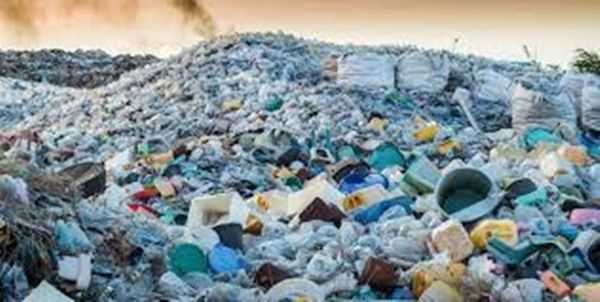
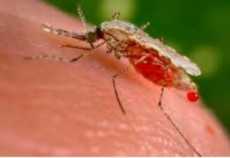
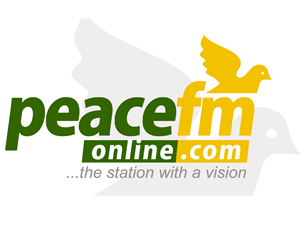

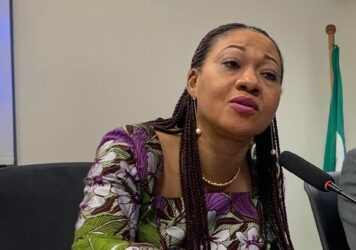
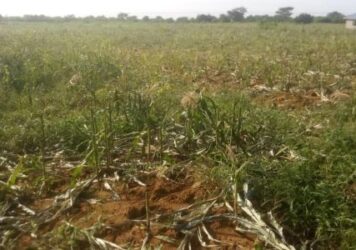





Leave a Reply